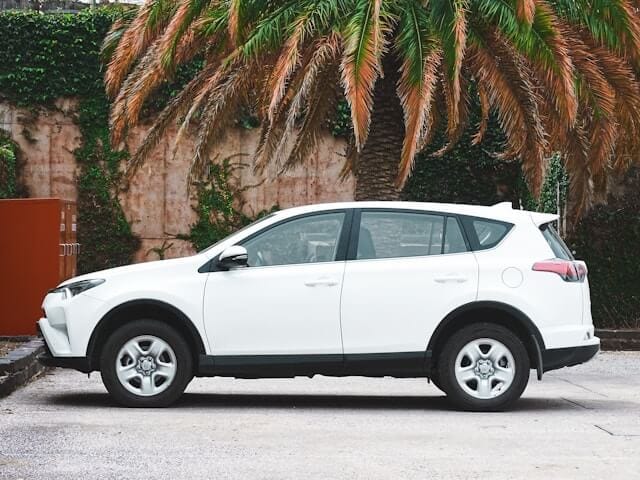
Wondering whether to lease or finance a car? Choosing the right option can impact your budget, flexibility, and even your car insurance rates. In this guide, we break down the pros and cons of leasing vs. financing and explain how each choice can affect your long-term goals and coverage needs.
Leasing a Car: Pros and Cons
Pros of Leasing
Access to Newer Models: Leasing gives you access to the latest models and technology. Drive vehicles with modern safety features and fuel efficiency without long-term commitments.
Lower Monthly Payments: Monthly lease payments are usually lower than loan payments for the same car.
Fewer Maintenance Worries: Most leases are 2–3 years and covered under warranty, reducing repair costs.
Easy Upgrades: Swap cars every few years with ease, no need to worry about resale.
Cons of Leasing
Mileage Restrictions: Leases typically allow 10,000–15,000 miles annually. Exceeding this can result in penalties.
Wear-and-Tear Fees: You may be charged for excessive damage or wear at the end of the lease.
No Equity: Lease payments don’t build ownership.
Higher Long-Term Costs: Over time, leasing again and again may cost more than financing.
Financing a Car: Pros and Cons
Pros of Financing
Ownership: Each payment builds equity. After paying off the loan, the car is yours.
No Mileage Caps: Drive as much as you want—ideal for commuters or long-distance travelers.
Customization: Financing allows for upgrades or modifications.
Long-Term Savings: After the loan is paid off, enjoy years with no car payments.
Cons of Financing
Higher Monthly Payments: Compared to leasing, loan payments are often more.
Increasing Maintenance Costs: Older vehicles need more upkeep.
Depreciation Risk: If your vehicle loses value quickly, you could owe more than it’s worth.
Long-Term Commitment: Loans often last 3–7 years, which can limit flexibility.
Who Should Lease?
Leasing may be right for:
Professionals in their 20s to early 40s
Drivers who want a new car every few years
Urban commuters with shorter trips
Business owners seeking tax deductions
Who Should Finance?
Financing may work best for:
Families and long-term vehicle owners
Rural/suburban drivers with longer distances
People who value car ownership and equity
Drivers who want to customize their ride
How Leasing or Financing Affects Car Insurance
Your decision affects more than your finances—it impacts your auto insurance too. Insurance requirements may be stricter for leased cars, often requiring comprehensive and collision coverage. Financed vehicles usually need similar coverage but offer more flexibility once paid off.
Still Unsure? Talk to an Expert
Take time to evaluate your driving habits, lifestyle, and budget. A local insurance expert can guide you through the process and make sure you’re covered no matter your choice.
Explore More Helpful Resources:


